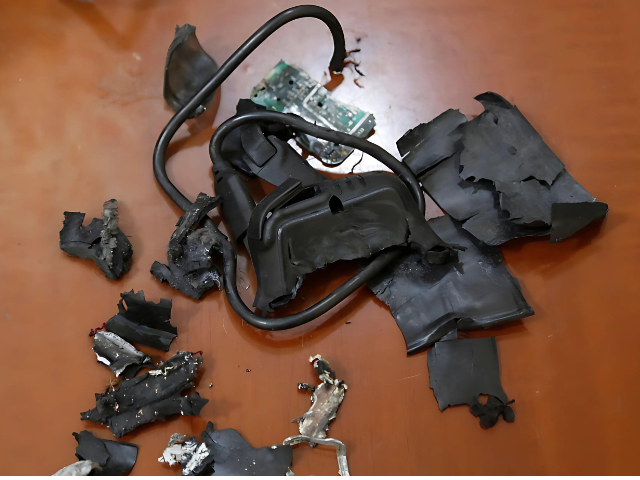BUDAPEST/OSLO: On September 19, Bulgaria and Norway became central to the international investigation into the supply of thousands of explosive pagers to Hezbollah, which detonated in Lebanon on September 17, killing 12 and injuring over 2,300.
Security sources have pointed to Israel as the likely culprit behind the explosions, escalating tensions between Israel and Hezbollah. However, Israel has not officially commented on the attacks. Investigators are exploring how the pagers were weaponized for remote detonation, with potential leads emerging in Taiwan, Hungary, and Bulgaria.
A second wave of attacks on September 18 saw Hezbollah’s handheld radios also explode. One theory suggests the pagers were intercepted and rigged with explosives after leaving the factories, while another posits that Israel may have orchestrated the entire operation.
On September 19, Bulgarian authorities revealed that their interior ministry and state security were investigating a company for potential involvement, though the company’s name was not disclosed. Local reports pointed to Sofia-based Norta Global, which allegedly facilitated the sale of the pagers to Hezbollah. Bulgarian media outlet bTV reported that $1.7 million linked to the transaction passed through Bulgaria and was transferred to Hungary, though this has not been confirmed by Reuters. Emails sent to Norta Global’s contact bounced back, and the company’s founder, Rinson Jose, declined to comment.
A Reuters analysis of the destroyed pagers indicated that they matched devices manufactured by Taiwan-based Gold Apollo. Gold Apollo identified BAC Consulting, a Budapest-based firm, as the intermediary in the sale. Cristiana Barsony-Arcidiacono, the owner of BAC Consulting, denied direct involvement, stating her firm acted only as an intermediary.
Following the explosion, Norta Global’s website was deleted, though it had previously offered consulting, recruitment, and technology integration services. Norta’s founder, Rinson Jose, is based in Norway, where authorities are now participating in the investigation.
Gold Apollo confirmed that its brand was authorized for the pagers involved in the explosions but clarified that BAC Consulting was responsible for their design and production. The company’s chairman, Hsu Ching-kuang, noted that Gold Apollo had a three-year licensing deal with BAC but did not provide details about the contract.
The pagers exploded on September 17 and 18, causing chaos across Lebanon and Syria, particularly in areas with strong Hezbollah influence. Nine people, including an 8-year-old girl, were killed, and over 2,000 were injured. The devices overheated and exploded in public spaces, including shopping areas and restaurants. The blasts primarily affected southern Beirut, the Beqaa region in Lebanon, and Damascus, Syria.
The AR-924 model pagers, which could receive texts of up to 100 characters, had been marketed for their durability and long battery life, making them popular in Lebanon, where frequent power outages occur. Lebanese security forces and a Hezbollah official suggested that the pagers may have been tampered with prior to distribution.
Taiwan’s Ministry of Economic Affairs reported that Gold Apollo exported 260,000 pagers between early 2022 and August 2024, with over 40,000 exported this year. However, there were no records of direct exports to Lebanon.
Hezbollah had previously seen the pagers as a way to avoid Israeli electronic surveillance. Its leader, Hassan Nasrallah, had warned against mobile phones being used for surveillance, calling them “deadly agents.”



